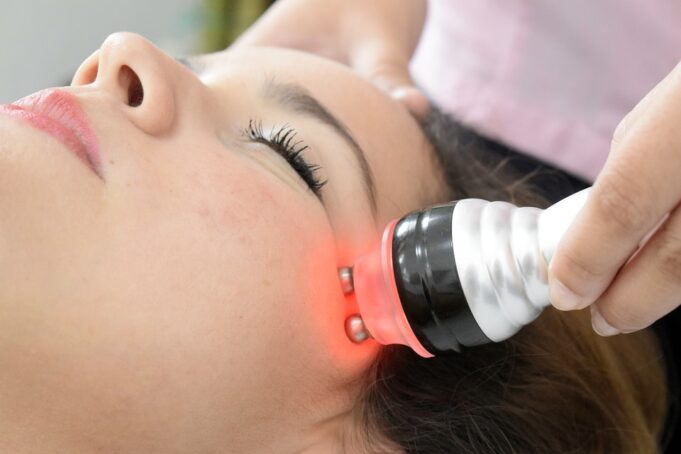Understanding the Connection Between False Positives and Elevated Breast Cancer Risk in Women
Breast cancer is one of the most common types of cancer among women. According to the American Cancer Society, an estimated 279,100 new cases of invasive breast cancer will be diagnosed in women in 2020 alone. Early detection through mammography screening has been proven to save lives by catching breast cancer at its earliest stages when it is most treatable.
However, there are concerns about false positives – results that indicate a woman may have breast cancer when she does not – during mammography screenings. A recent study published in JAMA Network Open found that women who receive false positive mammogram results may be at higher risk for developing breast cancer later on.
The study analyzed data from over 2 million women aged 40-74 who underwent mammography screenings between 2003 and 2016. The researchers found that women with false positive results had a higher risk of developing breast cancer within the following decade compared to those with negative results.
The exact reason for this connection is still unknown, but some theories suggest that false positives could indicate underlying cellular changes or inflammation in the breasts that increase a woman’s overall risk for developing breast cancer.
It’s important to note that while false positives can cause anxiety and lead to additional testing and procedures, they do not necessarily mean a woman has or will develop breast cancer. In fact, according to the National Cancer Institute, only around 10% of all biopsies performed due to suspicious findings on a mammogram result in a diagnosis of breast cancer.
Despite this low percentage, many doctors agree that any indication of potential abnormalities should be taken seriously and followed up with further testing as needed.
In addition to regular screening through mammograms, there are other steps women can take to reduce their overall risk for developing breast cancer. These include maintaining a healthy weight, limiting alcohol consumption, staying physically active, avoiding smoking or secondhand smoke, and discussing any family history of breast cancer with a doctor.
Future Advances in Breast Cancer Detection
Advances in technology are constantly improving the accuracy and effectiveness of breast cancer detection. One promising area of research is the development of artificial intelligence (AI) algorithms that can analyze mammogram images to detect potential abnormalities more accurately than human radiologists.
A study published in Nature Communications earlier this year found that an AI algorithm developed by researchers at Google Health was able to detect breast cancer with greater accuracy than experienced radiologists. The algorithm was trained on over 76,000 mammogram images from women in the United Kingdom and the United States and achieved a false positive rate reduction of 5.7% for U.S.-based data sets and 1.2% for UK-based data sets compared to human interpretation alone.
While there is still much work to be done before AI algorithms become widely used in clinical practice, these findings offer hope for even more accurate and effective breast cancer screening in the future.
In conclusion, while false positives during mammography screenings can cause anxiety and lead to additional testing, they may also indicate underlying changes or inflammation that increase a woman’s overall risk for developing breast cancer later on. It’s important for women to discuss any concerns or questions about their screening results with their healthcare provider and take steps towards reducing their overall risk through lifestyle choices such as maintaining a healthy weight, staying physically active, limiting alcohol consumption, avoiding smoking or secondhand smoke, and discussing any family history of breast cancer with a doctor. As technology continues to advance, we may see even more accurate methods for detecting breast cancer early when it is most treatable.
References:
American Cancer Society: https://www.cancer.org/cancer/breast-cancer/about/how-common-is-breast-cancer.html
JAMA Network Open Study: https://jamanetwork.com/journals/jamanetworkopen/fullarticle/2771999
National Cancer Institute: https://www.cancer.gov/types/breast/mammograms-fact-sheet
Nature Communications Study: https://www.nature.com/articles/s41467-019-12711-w
*Note: this site does not provide medical opinions or diagnosis and should not be relied upon instead of receiving medical attention from a licensed medical professional.




